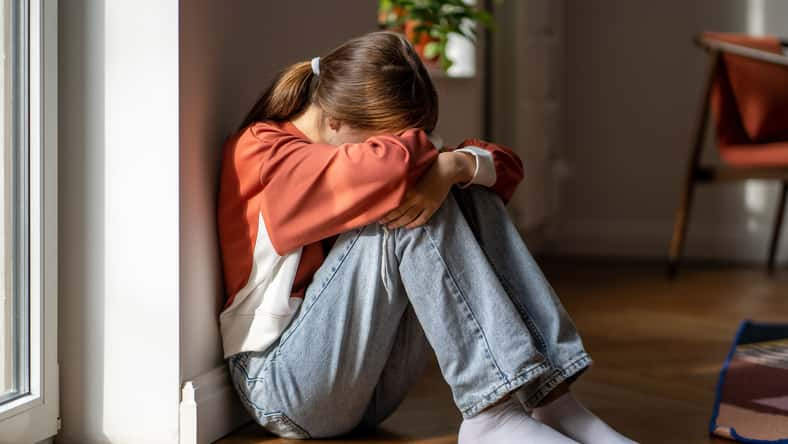New Research Suggests That Teenagers Who Have More Siblings Suffer From Worse Mental Health Compared To Those With Less

A recent study has revealed that teenagers from bigger families tend to struggle more with mental health issues than those with fewer siblings.
This research exploring the link between the number of siblings and mental health was spearheaded by sociologists from The Ohio State University, and its intriguing findings were found to be consistent across two very different nations– the United States and China.
“Our results couldn’t have been easily predicted before we did the study,” said Doug Downey, the study’s lead author.
“Other studies have shown that having more siblings is associated with some positive effects, so our results were not a given.”
The researchers meticulously analyzed data from over 9,100 American students and 9,400 Chinese students in the 8th grade. On average, Chinese teenagers have around 0.7 fewer siblings compared to American teens, which may be a result of China’s One Child Policy.
The approach of the study involved questioning the students, who were 14 years old on average, about their mental health. While the specific questions varied between the two countries, the responses still resulted in pretty fascinating findings.
In China, teenagers who were only children exhibited the most robust mental health. In contrast, in the United States, those with either no siblings or just one tended to fare equally well.
But, in the United States, having half or full siblings– particularly those of a similar or older age– was associated with worse mental health. According to Downey, this phenomenon might be explained by the “resource dilution” theory.
“If you think of parental resources like a pie, one child means that they get all the pie– all the attention and resources of the parents. But when you add more siblings, each child gets fewer resources and attention from the parents, and that may have an impact on their mental health,” Downey explained.

DimaBerlin – stock.adobe.com – illustrative purposes only, not the actual person
In the study, this theory was actually supported by observed negative effects in families where siblings are close in age, leading to heightened competition for the same parental resources.
Another theory the team explored is known as the “selectivity explanation.” This suggests that families with numerous children might have distinct characteristics that impact their children’s mental health.
For instance, in both the United States and China, kids from families with higher socioeconomic status showed improved mental health, and this trend was particularly pronounced in single-child households in China and among children with no or one sibling in the United States.
“What we found is that when you add all the evidence up, the effect of siblings on mental health is more on the negative side than the positive side,” Downey revealed.
Although the study primarily focuses on the adverse effects of having a larger number of siblings, Downey pointed out that it didn’t consider the quality of sibling relationships. So, positive sibling dynamics could possibly have a beneficial impact on mental health.
Additionally, other studies indicate that having more siblings can actually enhance social skills among young children and reduce the risk of divorce in adulthood.
To read the study’s complete findings, which have since been published in the Journal of Family Issues, visit the link here.
Sign up for Chip Chick’s newsletter and get stories like this delivered to your inbox.
More About:Science





